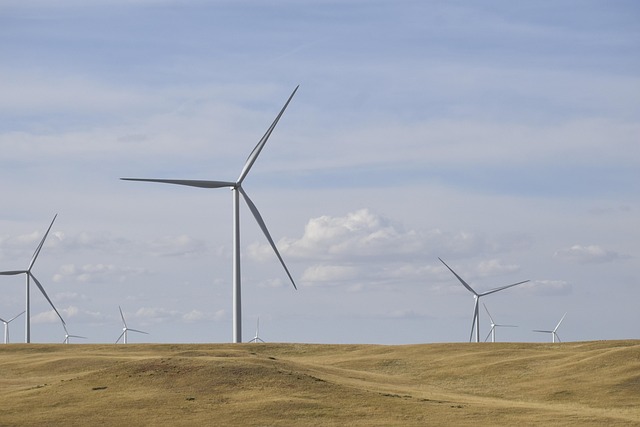In an era where climate change is at the forefront of global discussions, energy cooperatives are emerging as a beacon of hope for communities aiming to reduce their emissions and promote sustainable practices. These innovative organizations empower individuals to take charge of their energy sources, leading to a tangible impact on the environment. Energy cooperatives harness the collective strength of communities, enabling them to transition from reliance on fossil fuels to renewable energy sources, such as wind, solar, and hydro.
The fight against climate change often feels daunting, yet energy cooperatives are making strides that demonstrate the power of grassroots movements. By pooling resources and knowledge, these cooperatives allow members to invest in local renewable energy projects. Not only do these initiatives reduce carbon footprints, they also foster a sense of ownership and responsibility within the community. Members become stakeholders in their energy future, working together to secure a cleaner, healthier planet for generations to come.
One of the most significant aspects of energy cooperatives is their ability to bring energy production back to the people. By prioritizing local resources and labor, they reduce the emissions associated with transporting energy across vast distances. Moreover, they often advocate for energy efficiency measures within their communities, encouraging residents to be mindful of their consumption patterns. This holistic approach not only addresses emissions but also nurtures a culture of sustainability.
Energy cooperatives often act as a catalyst for education and awareness, providing workshops and resources that help community members understand the impact of their energy choices. From teaching people about the benefits of solar panels to organizing events focused on sustainability practices, these cooperatives embody the spirit of collaboration and innovation necessary to combat climate change. They inspire individuals to think critically about their daily energy usage and envision a future where renewables are the norm.
As we face the escalating costs associated with climate change, from extreme weather events to health impacts, energy cooperatives present an alternative to the conventional energy market. They often offer competitive prices for renewable energy, making it accessible to a broader spectrum of people. This economic viability not only eases the financial burden on families but also fosters a sense of community by prioritizing collective well-being over corporate profit.
By working together, communities can amplify their voices and demand policy changes that support renewable energy initiatives. Energy cooperatives serve as an exemplary model of local action translating into broader change. With every solar panel installed and every wind turbine erected, communities are taking measurable steps towards reducing emissions and combating climate change. This grassroots approach empowers individuals to become part of the solution rather than waiting for top-down interventions.
The contributions of energy cooperatives go beyond environmental benefits; they also promote social equity. By making renewable energy a community asset, they help bridge the gap for low-income households that may struggle with high energy costs. Access to clean, affordable energy can transform lives, enhancing overall well-being and fostering stronger community ties.
In a world facing significant environmental challenges, energy cooperatives offer a transformative approach to addressing emissions and promoting sustainability. They embody the belief that when communities unite for a common purpose, they can create meaningful change that resonates far beyond their localities. Empowered by renewable energy, these cooperatives illuminate a path forward, proving that collective action can combat climate change and protect our planet for future generations.



